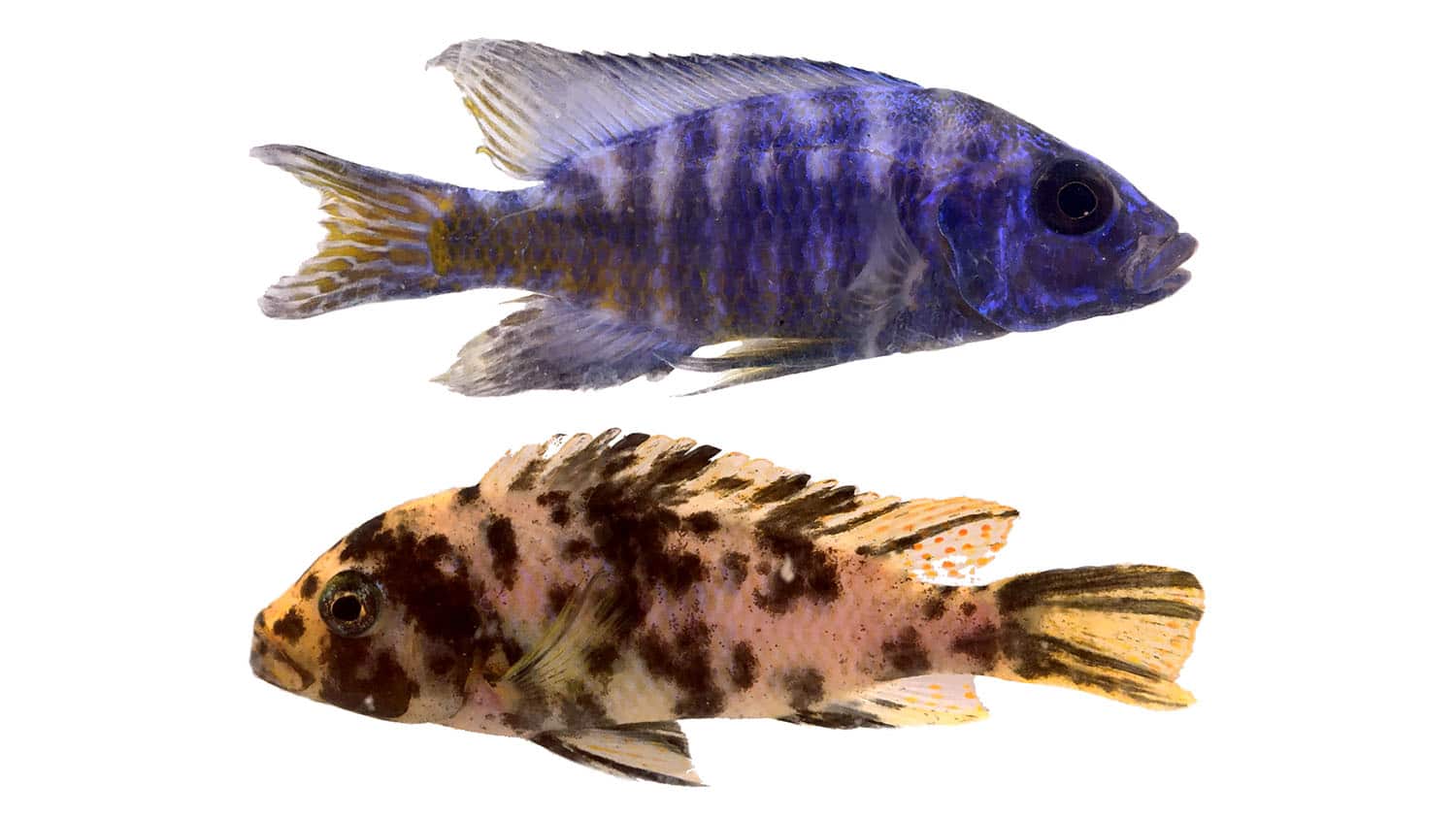Man’s Best Friends
Veterinarians are responsible for the health and well-being of every species on the planet. In fact, the research they do to help our animal companions has very real implications for human beings as well. At NC State, centers like the Center for Comparative Medicine and Translational Research (CCMTR), which bring together collaborators from the colleges of Veterinary Medicine, Engineering, Agriculture and Life Sciences, Textiles, and Physical and Mathematical Sciences, promote research that can transform the health of both animals and humans.
The CCMTR at NC State is partnering with Wake Forest Baptist Medical Center to bring regenerative therapies to both human and animal patients.
Dr. Jorge Piedrahita, professor of genomics at NC State and interim director of the Center for Comparative Medicine and Translational Research, believes that this partnership will not only benefit companion animals right away, but will also help bring these therapies to human patients more quickly.

“A major part of our work will be to translate laboratory research results into medical therapies for companion animals,” Piedrahita says. “The ability to study diseases that affect organ health in animals is critically useful for advances in human medicine as these animals share our environment and the vast majority of our genes. Also, there are some human therapies currently in use that companion animals can benefit from right away, such as bladder tissue regeneration.”
The official collaboration will include the exchange of students and faculty, as well as joint research projects and publications.
“We are delighted to form a partnership with our colleagues at the Center for Comparative Medicine and Translational Research,” says Anthony Atala, M.D., director of the Wake Forest Institute for Regenerative Medicine. “The goal of the collaboration is to develop advanced treatments for companion animals, as well as accelerate new regenerative medicine therapies for human patients.”
- Categories:





